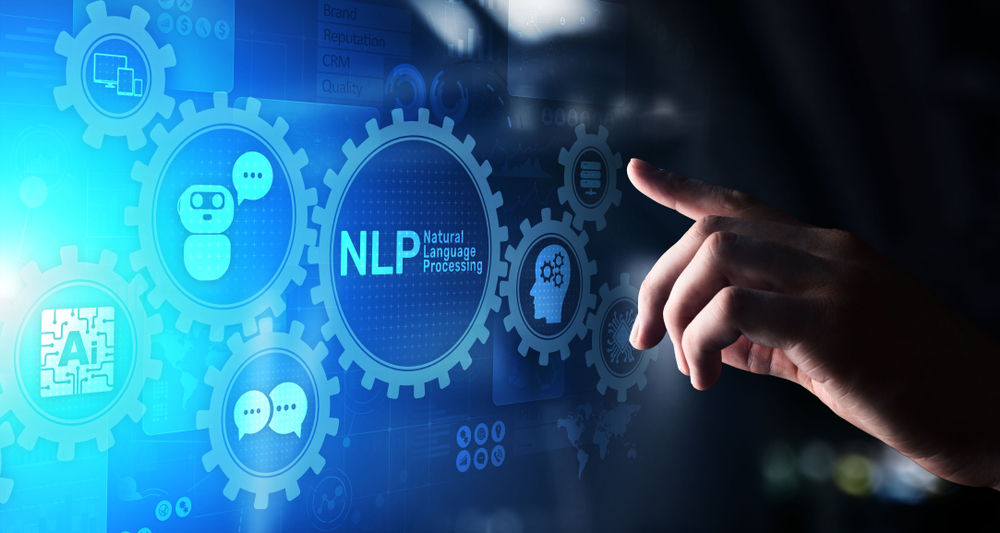The Advent of NLP in Resume Crafting:
The resume, long considered a fundamental element in the job application process, has experienced considerable evolution over time. Among the most revolutionary developments in this area is the incorporation of Natural Language Processing (NLP) technologies. Unlike traditional methods that often rely on a simplistic keyword-matching approach, NLP brings a far more sophisticated layer of analysis to resume creation. These advanced algorithms have the capability to comprehend, interpret, and even produce human language in a manner that lends a nuanced complexity to the resume. They delve into the semantics and contextual meaning behind words and phrases, ensuring that the resume is not merely a collection of relevant keywords but a coherent narrative that aligns closely with the specific job description. This means that NLP can craft a resume that speaks directly to the unique requirements and expectations of a given role, making it far more likely to capture the attention of hiring managers or pass through automated Applicant Tracking Systems (ATS). By leveraging the power of NLP, job seekers can create resumes that are both rich in relevant keywords and contextually attuned to the nuances of the job they are applying for, thereby significantly enhancing their competitiveness in the job market.

Contextual Understanding for Better Matches:
Traditional keyword-based resume systems often miss the nuance and context that come with human language. NLP changes this by understanding the semantics behind words and phrases in a job description. This allows for a more dynamic matching process, where the resume doesn't just contain the right words, but also conveys them in a context that aligns with the employer's needs. This increases the chances of a resume passing through Applicant Tracking Systems (ATS) and catching the eye of hiring managers.ers.
Personalization at Scale:
One of the challenges in resume writing is maintaining a balance between personalization and scalability. NLP technology can analyze large sets of data to identify trends and preferences in specific industries or roles. This enables the creation of highly personalized resumes without sacrificing the ability to apply to multiple jobs efficiently. The result is a resume that feels individually crafted for each job application, yet is produced with the efficiency of a mass application tool.
Real-Time Feedback and Improvement:
NLP doesn't just stop at creating a resume; it can also provide real-time feedback for improvement. By analyzing successful resumes in similar roles or industries, NLP can offer suggestions for better phrasing, skill representation, or even layout. This iterative process ensures that the resume is always at its best, adapting to new job market trends and employer preferences as they evolve.
The Future of NLP in Career Development:
As NLP technologies continue to advance, their role in career development is likely to expand. Beyond resumes, NLP could be used in crafting personalized cover letters, preparing for interviews by simulating common questions, or even in identifying career paths based on skill sets and preferences. While the technology is still evolving, its potential impact on transforming resumes and revolutionizing the job search process is undeniable.